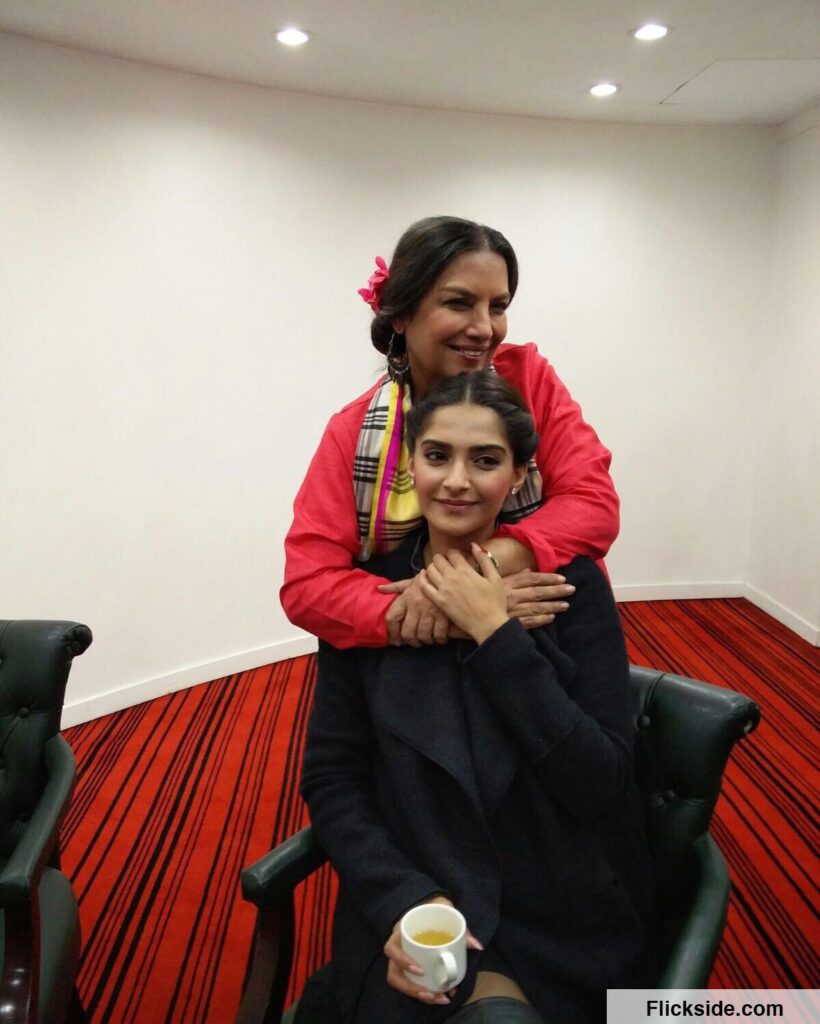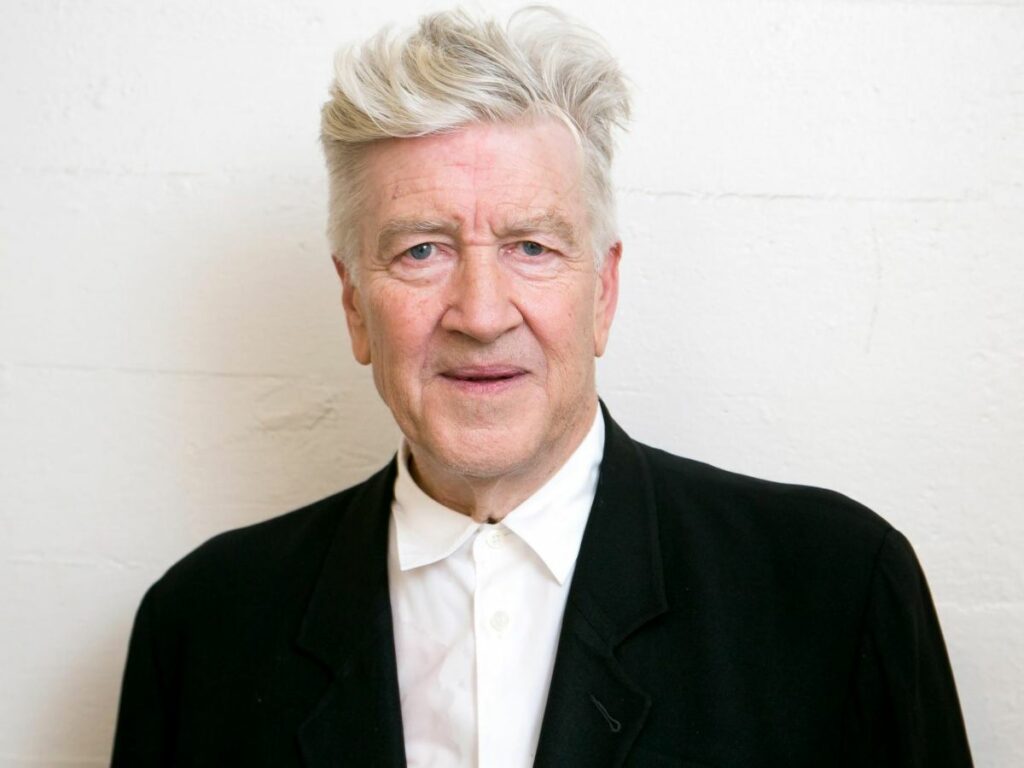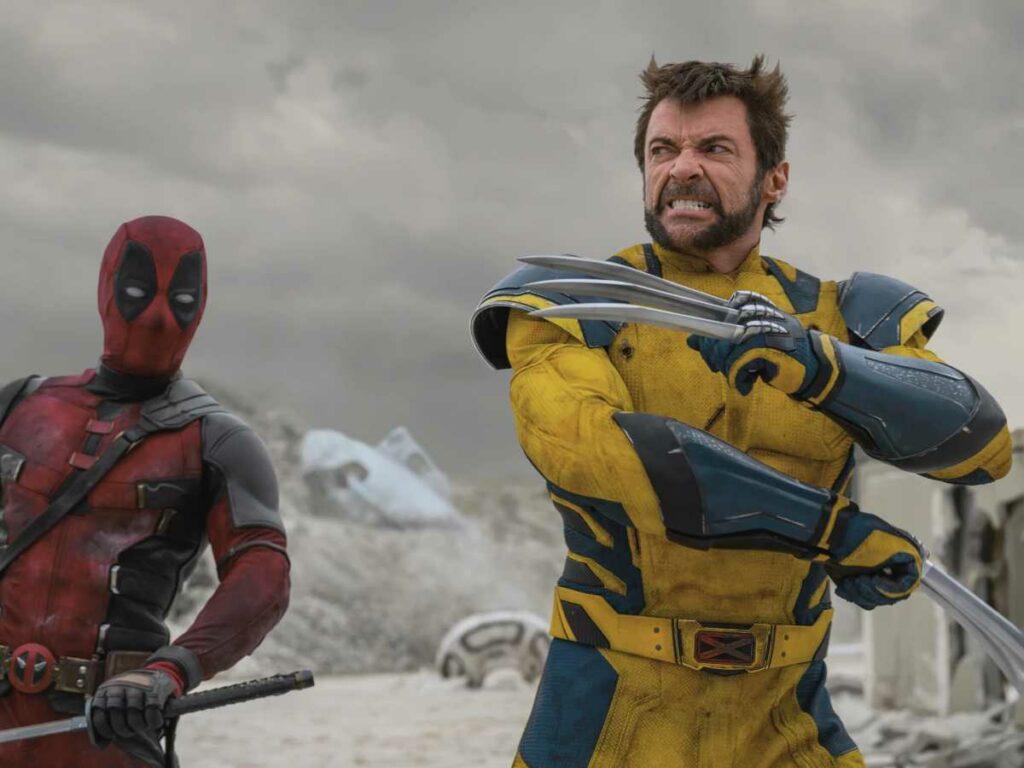Around the release of Neerja, we caught up with Shabana Azmi and Sonam Kapoor for a quick conversation about their film, their journey in the industry and more! Here are the excerpts:
Sonam, this is your first biopic where you play a titular role/solo lead. How different or difficult was the experience compared to your previous films?
Sonam Kapoor: In a non-biopic, where you’re creating a character, there is a certain image of the character in the director’s or writer’s head. There are no pre-conceived notions. It’s a creative process. But when you’re doing a biopic, there are already some set, pre-conceived notions about the person or the character in the family’s mind. You just need to live up to the expectations. That, I think, is the main difference. The easy part, though, is all the work is already done for you. There’s a backstory, and the needs or demands of the character are all etched out. You just have to capture the essence so perfectly that you match the image of the character that already exists.
How different would things have been if Neerja was made back when this incident happened?
Shabana Azmi: I think when something so huge happens it’s important to create a distance, between the event and actually filming it, to be able to capture the spirit of an incident because it is not about capturing the factual details to the T, but about resurrecting that character which seems to have slipped into oblivion. Emotionally, for the family it would have been completely impossible to do it. I don’t think they would have ever agreed to give the rights. In fact, it’s known that several producers did approach them in the past and each time they said a “No.” I think it’s much better that it has happened now.
Recommended: 11 Best Bollywood Movies Of 2016, Ranked
In your long and substantial career, you’ve worked with the most talented directors, Shabana Azmi ji. What difference do you see in the way things or the industry functioned then vs now?
Shabana Azmi: I think this is a very happy time for Hindi films. All kinds of films are being made, from the typical ‘masala’ catering to the lowest common denominator, to a film like a Masaan to something like Zindagi Na Milegi Dobara.
So the audience is also opening up to all kind of content…
Shabana Azmi: Absolutely. All kinds of films are being embraced. They’re also now getting more choices. I was always uncomfortable with people who were open to only certain kind of cinema. I was probably one of the first people who decided that I would work in both mainstream and parallel cinema. At that time people used to be skeptical and would tell me you’re trying to ride in both boats and likely to sink. Fortunately, that didn’t happen.
Another and the most remarkable change that has come about is actors doing only one film at a time. Back then, we were making 12 films at a time (except in art cinema, where we we worked on a single film at a stretch. I was also working in Hollywood, where they would make one film at a time). but in mainstream cinema, you could leave a scene incomplete and pick it up one and a half years later, when you no longer looked the same, your hair didn’t look the same, you no longer felt the same. So how do you catch that exact sur? And it was not even demanded of you.
What was demanded in Hindi cinema was an alternative reality – the alternative reality of films. It’s very interesting ki hamari heroines ke surnames nahi hote the (our heroines were not known by their surnames). She would be called Miss Neeta, not Ms Neeta Mehta or Neeta Rastogi. That’s because it’s an alternative world that Hindi cinema inhabited in which you never wanted to locate a character/person in a particular state or in a particular place for the fear of her/him not being accepted.
Recommended: In Conversation With Sidharth Malhotra, Alia Bhatt, Fawad Khan
For instance, if an actress came from Assam, people in Chennai probably might not be interested in looking at her. So mainstream cinema used to whitewash all the details while parallel cinema did the exact opposite. There was such a sharp difference. Today, that is a disappearing. So even in a Piku, you still have Amitabh Bachchan speaking with a Bengali accent. Earlier, you wouldn’t really think of it that way. It wasn’t even required of you as an actor. Today, the demands and expectations of the audience has also sharpened because we’re doing one film at a time and can give it a lot of focus.
So on one hand, there’s this whole evolution of the audience that we talk about. But you’ve also done experimental films in the past. Given our current political climate and the times we live in, do you think there is a limitation to do only certain kind of cinema? Would a film like Fire be even possible to make today?
Shabana Azmi: What was remarkable about Fire, was that the Board of Film Certification did something quite amazing. They had passed the film without any cuts. The film released on theaters and ran for three days, and then Shiv Sena guys said it’s anti-Indian. So it played in theaters and was pulled off later. Now the I&B Ministry re-referred it to the Censor Board and the Board again passed the film without a single cut, with an adult certificate. That was an unprecedented step. I have to give them credit in that particular case where they showed a lot of maturity. What was also very powerful was that the civil society came out in various forms and said “we’re not going to have a political party dictate to us what we can see or can’t.” The only rightful authority is the film certification and they had cleared it.
Today, however, an atmosphere is being built up where any voice of dissent or anything that can be considered controversial is being stifled, so much that no one should even dare to say anything that challenges the status quo.
By Saumya Verma, Mansi Dutta
Recommended: Don’t Miss These 9 Indian Indie Movies From 2017





4 thoughts on “Shabana Azmi: It’s A Happy Time For Hindi Films”